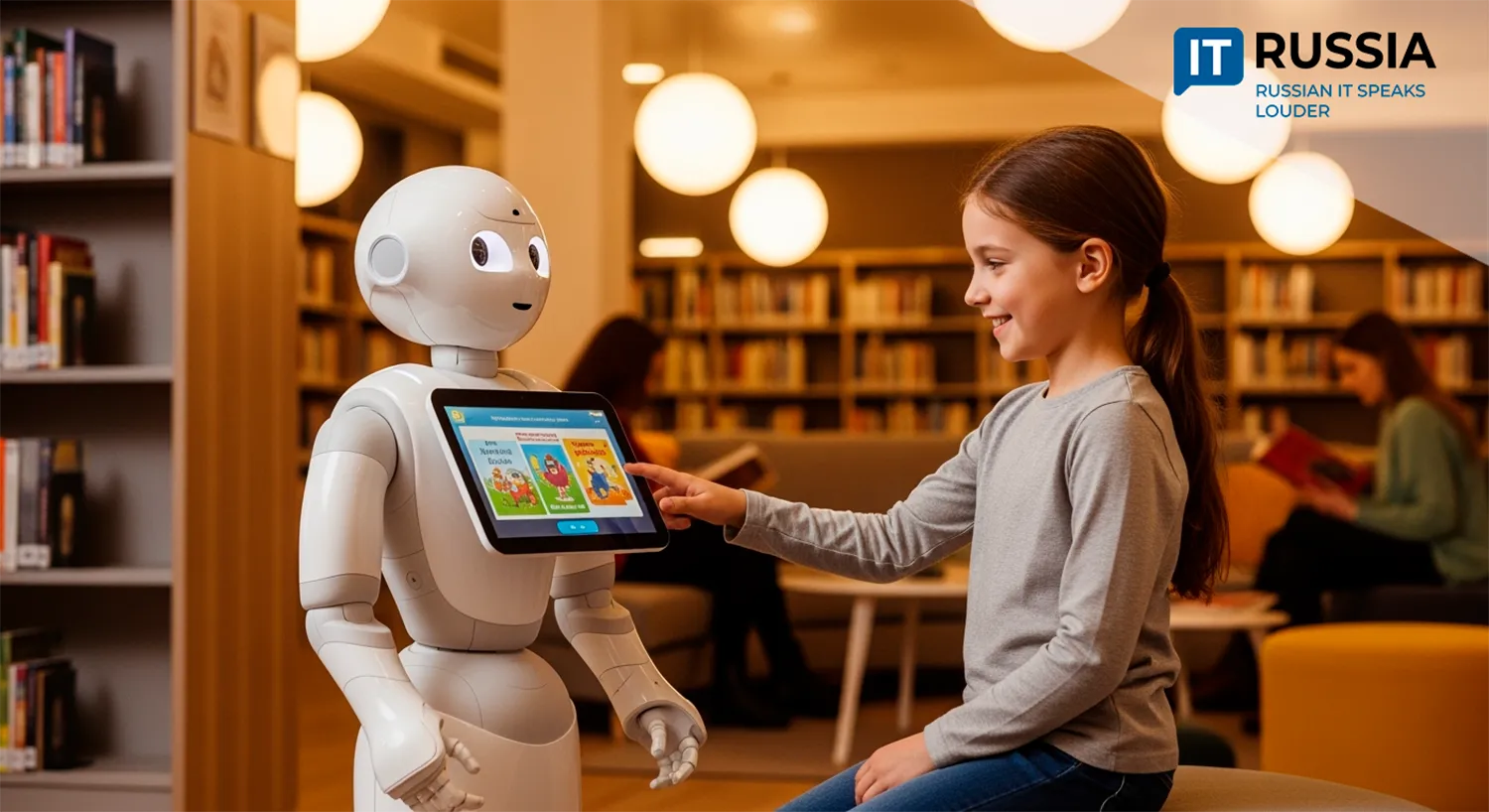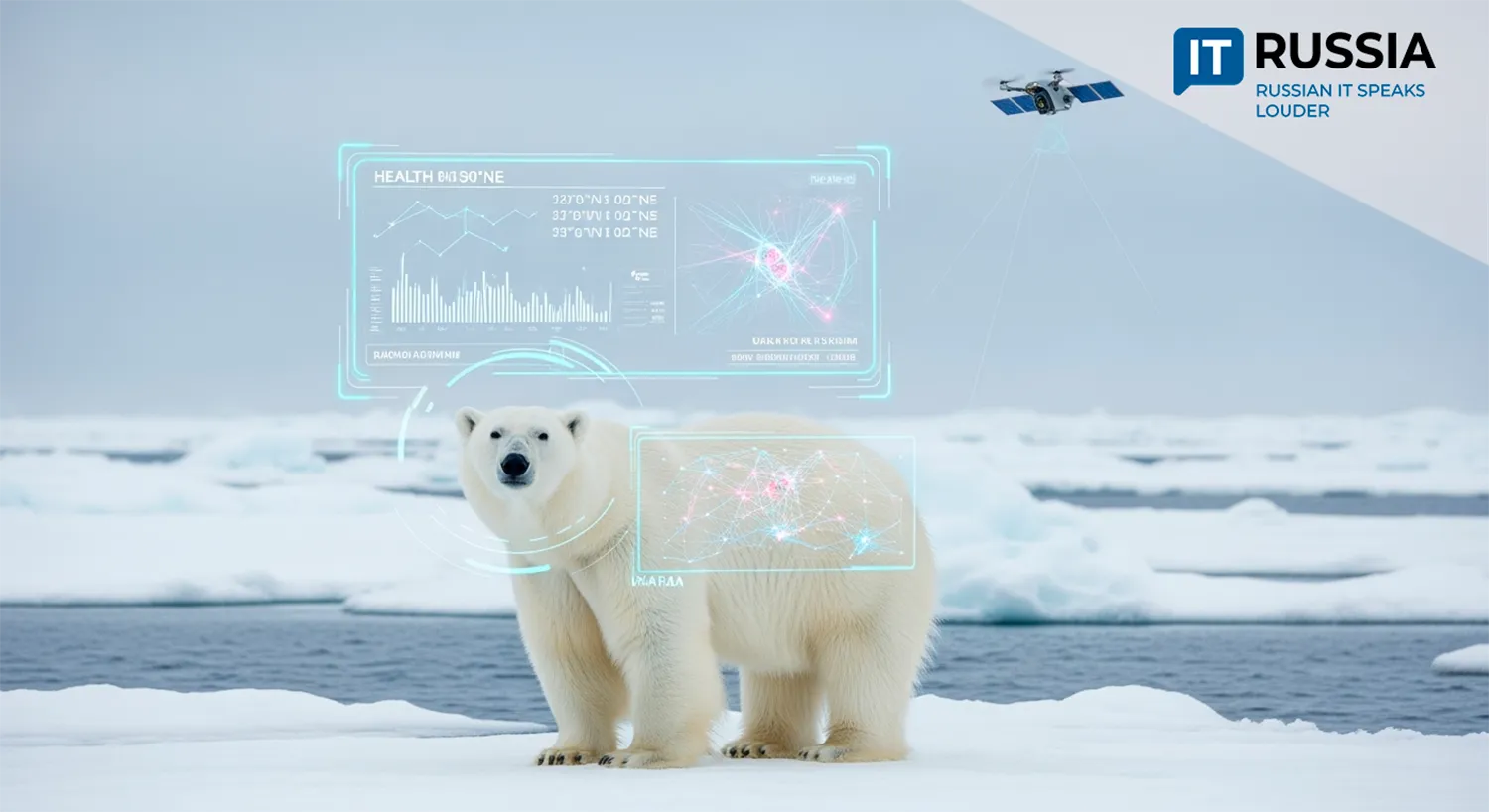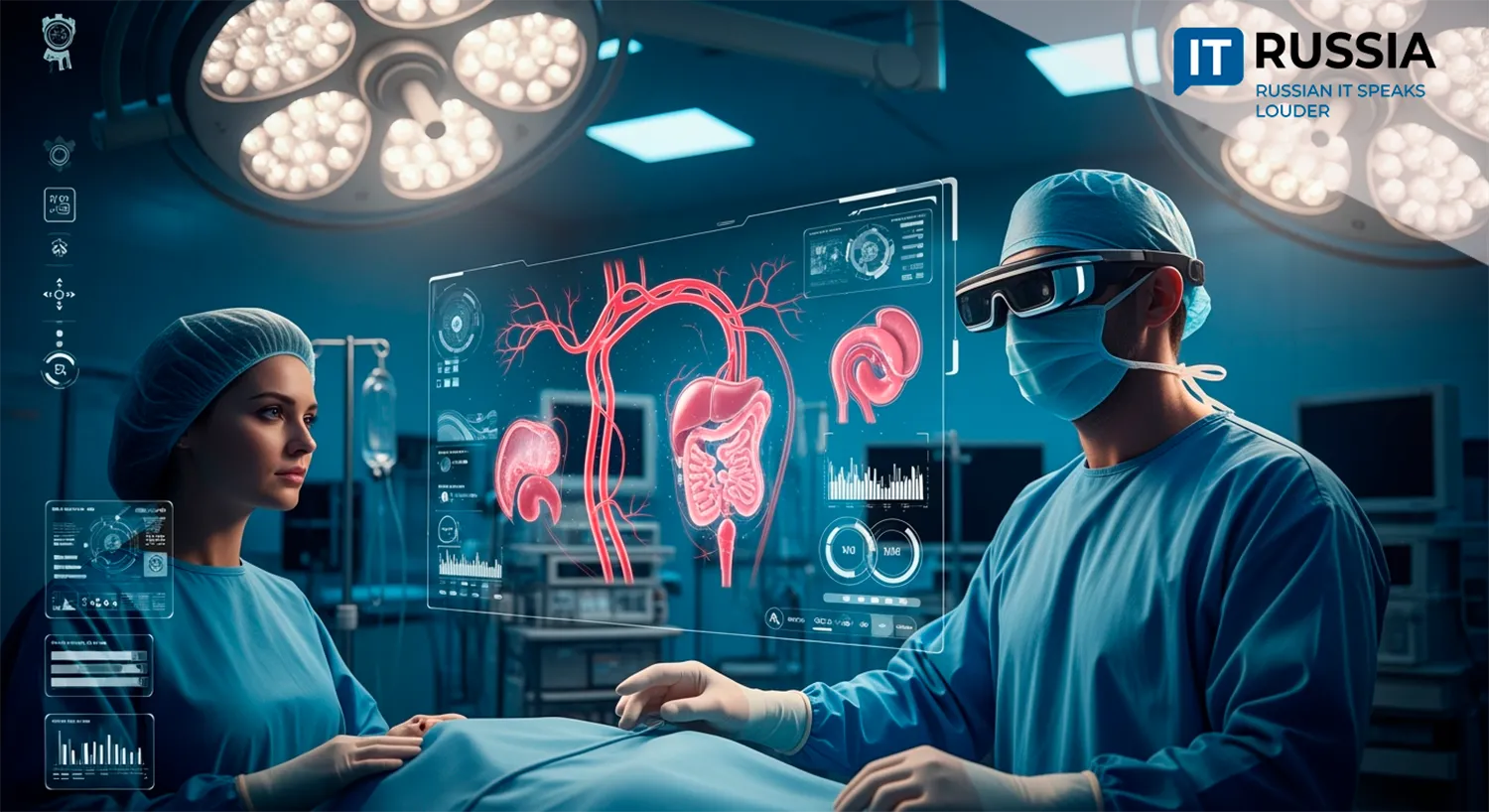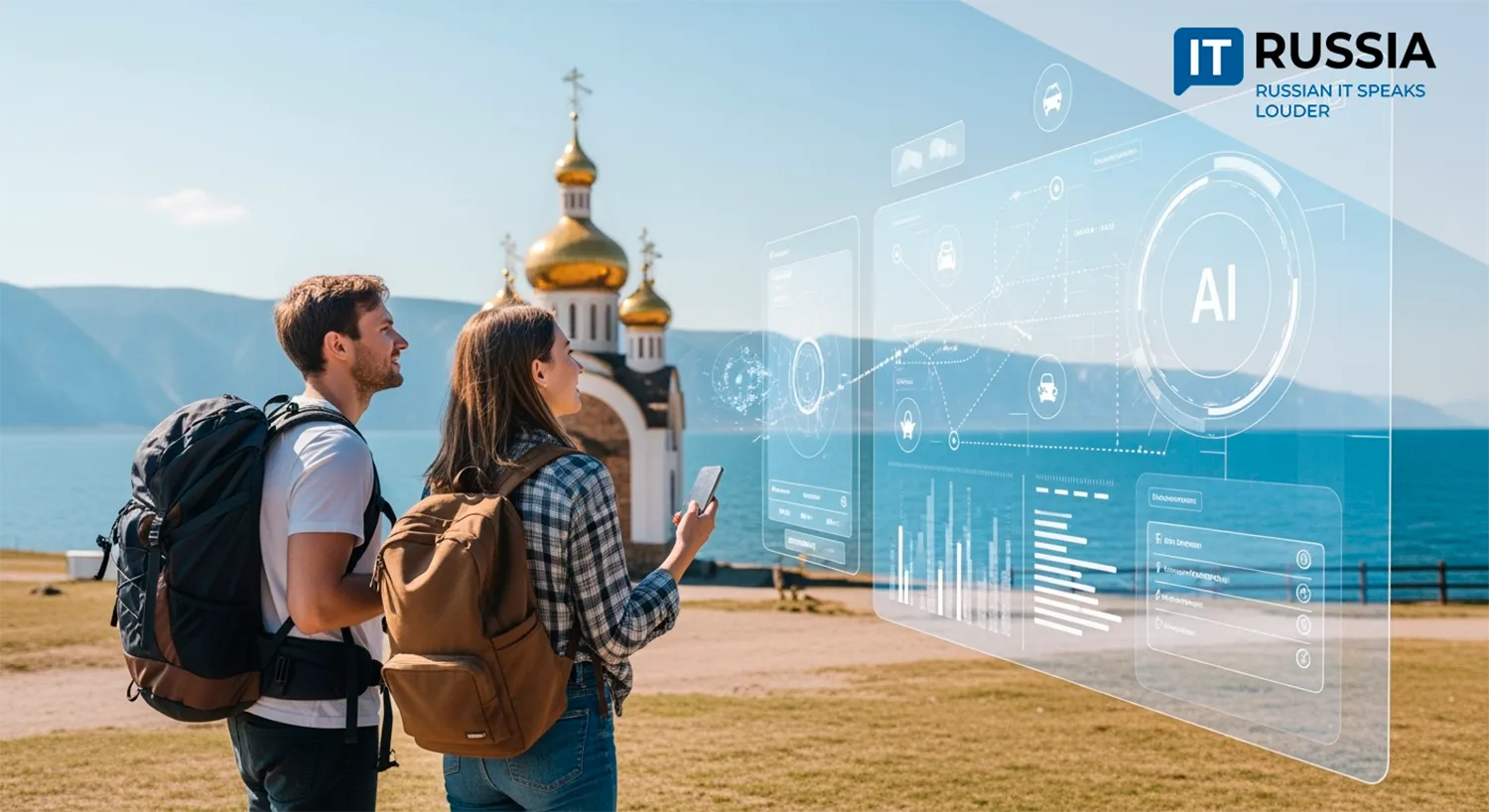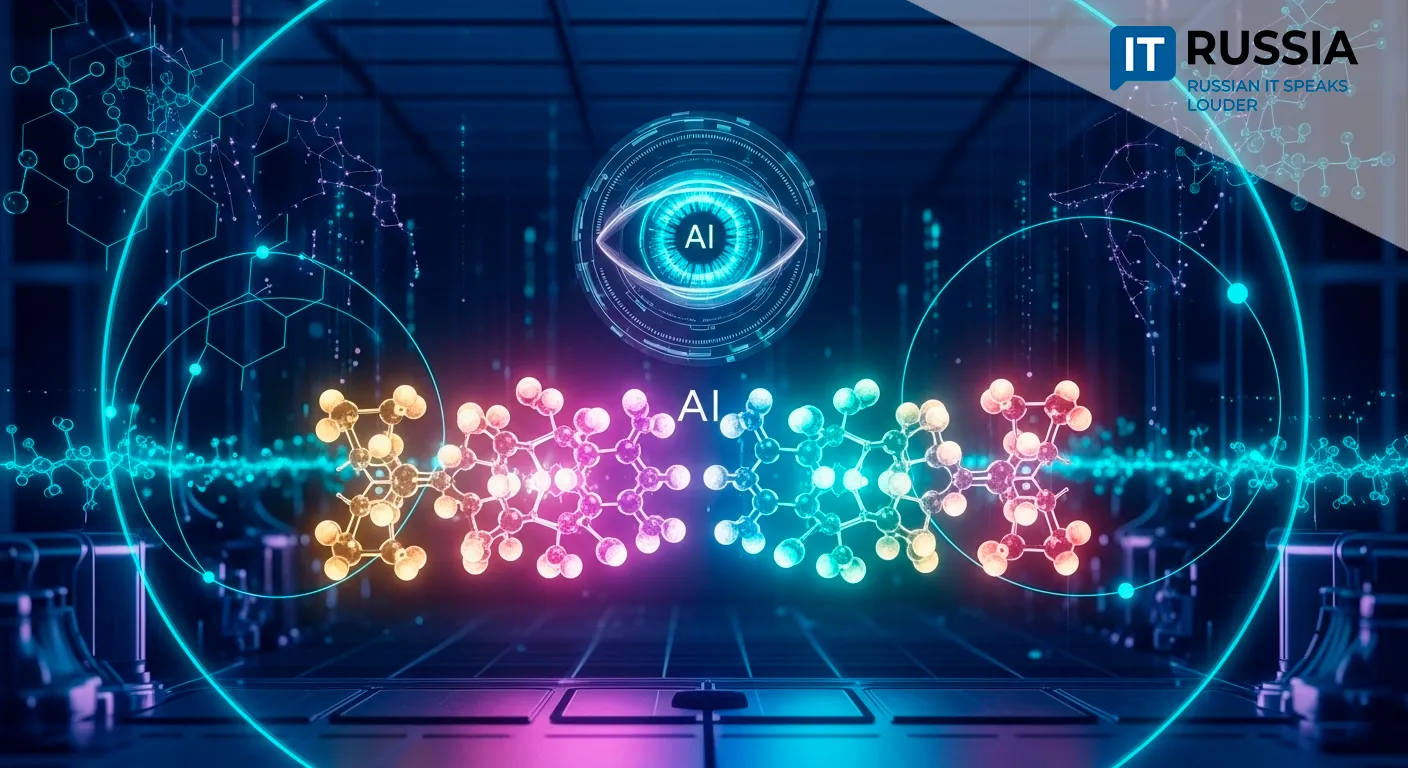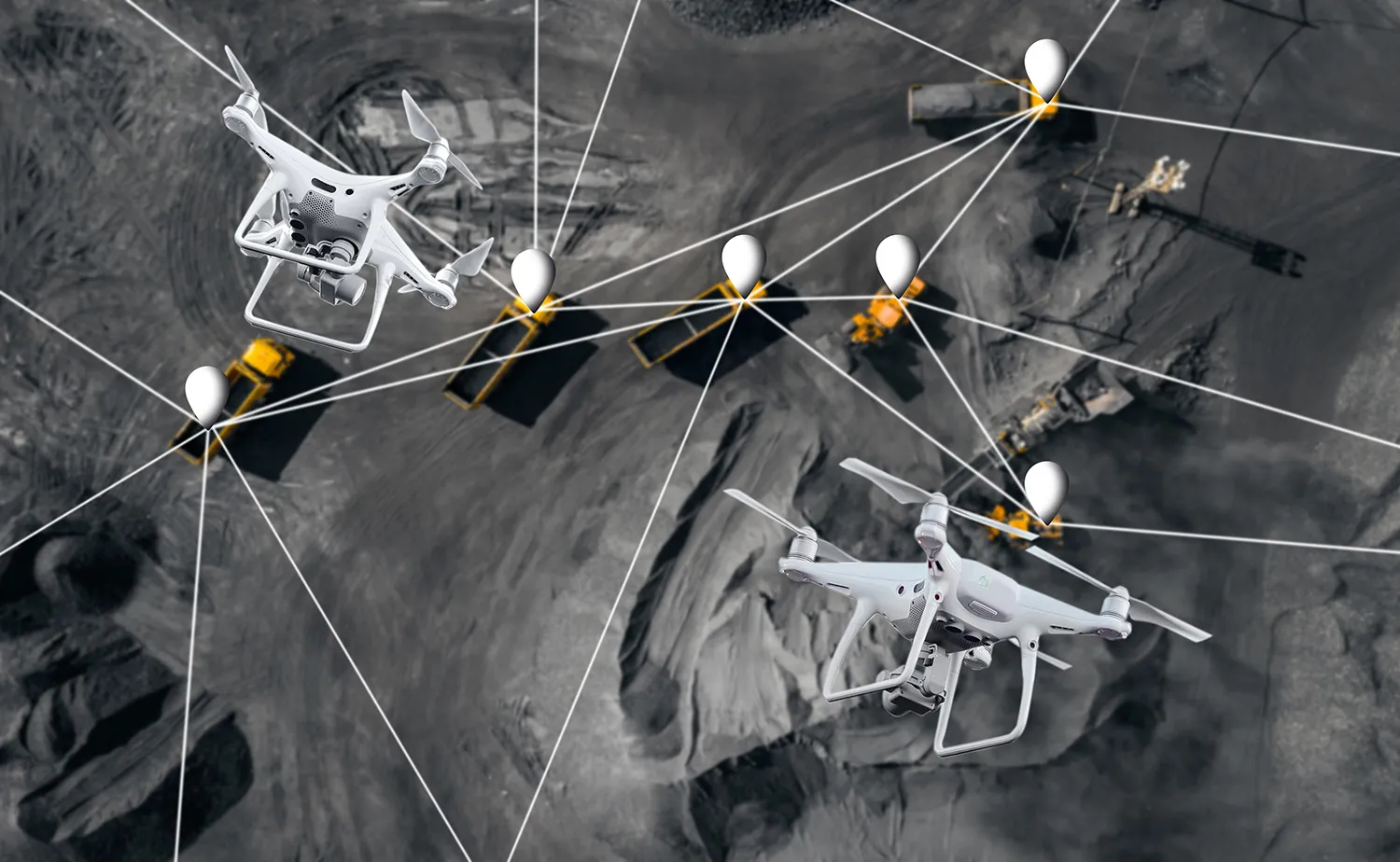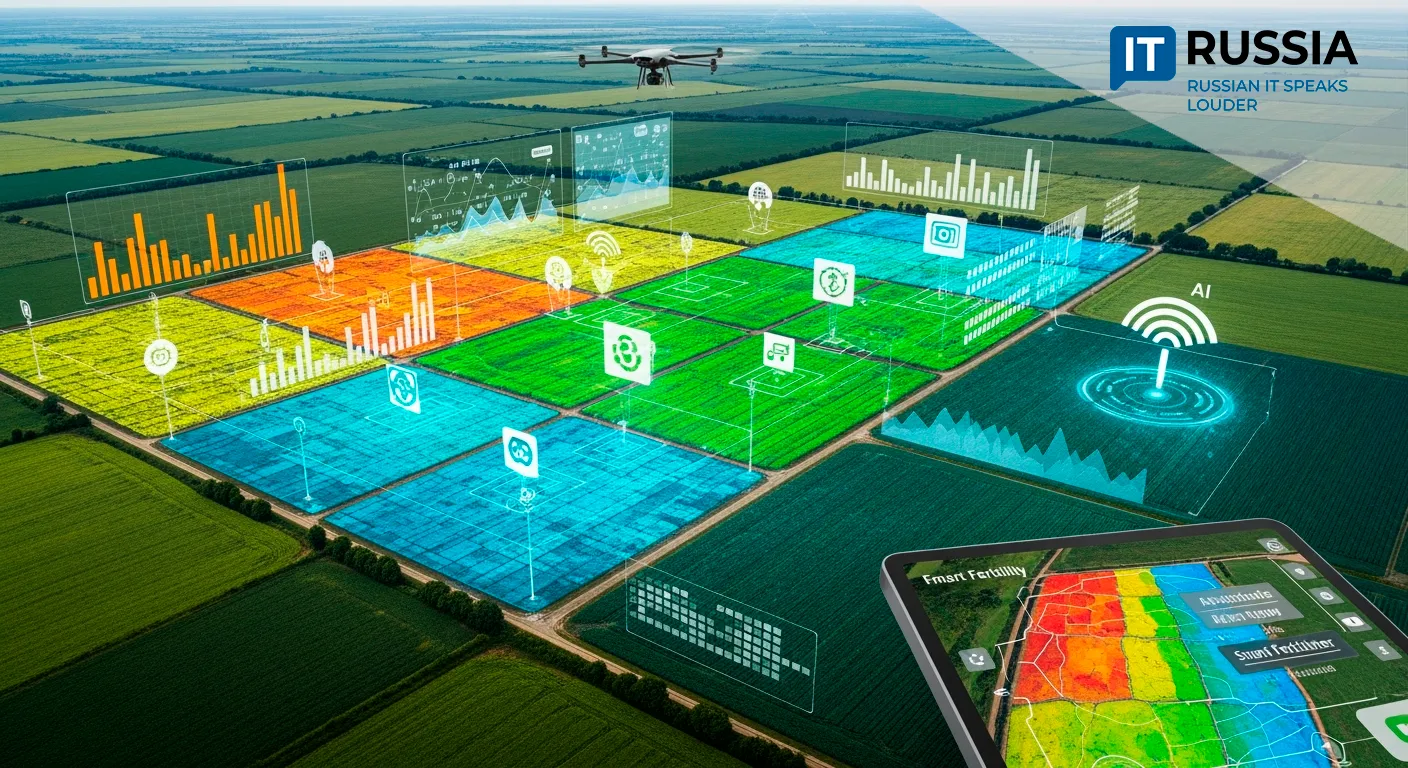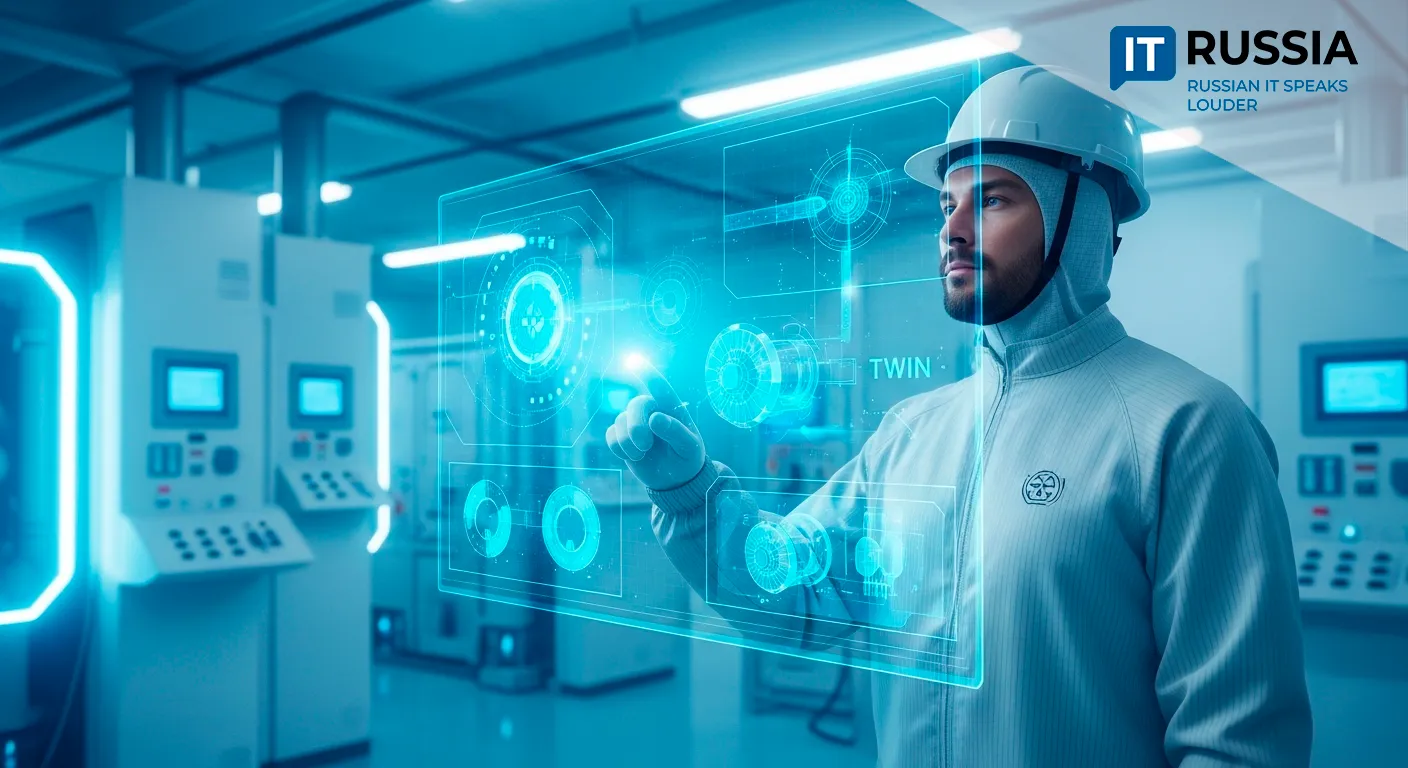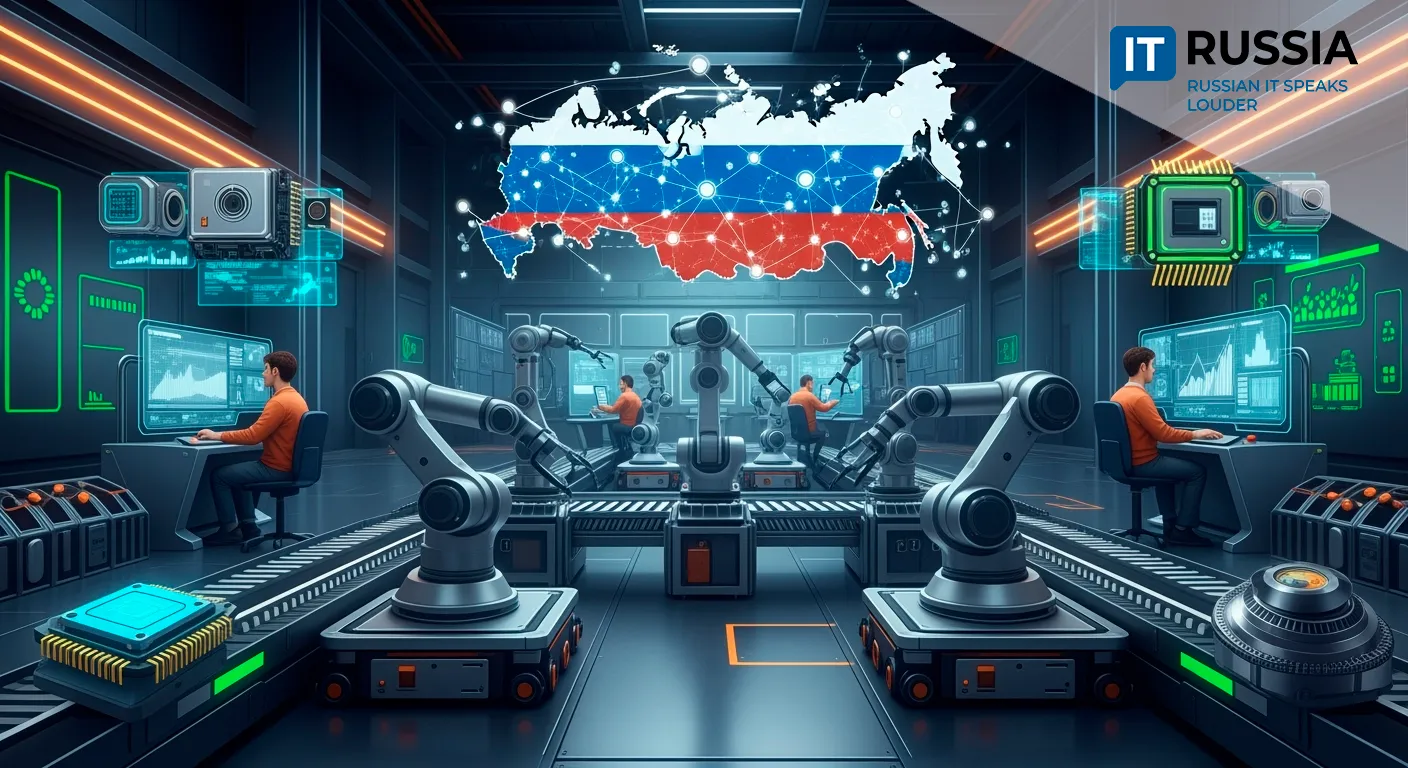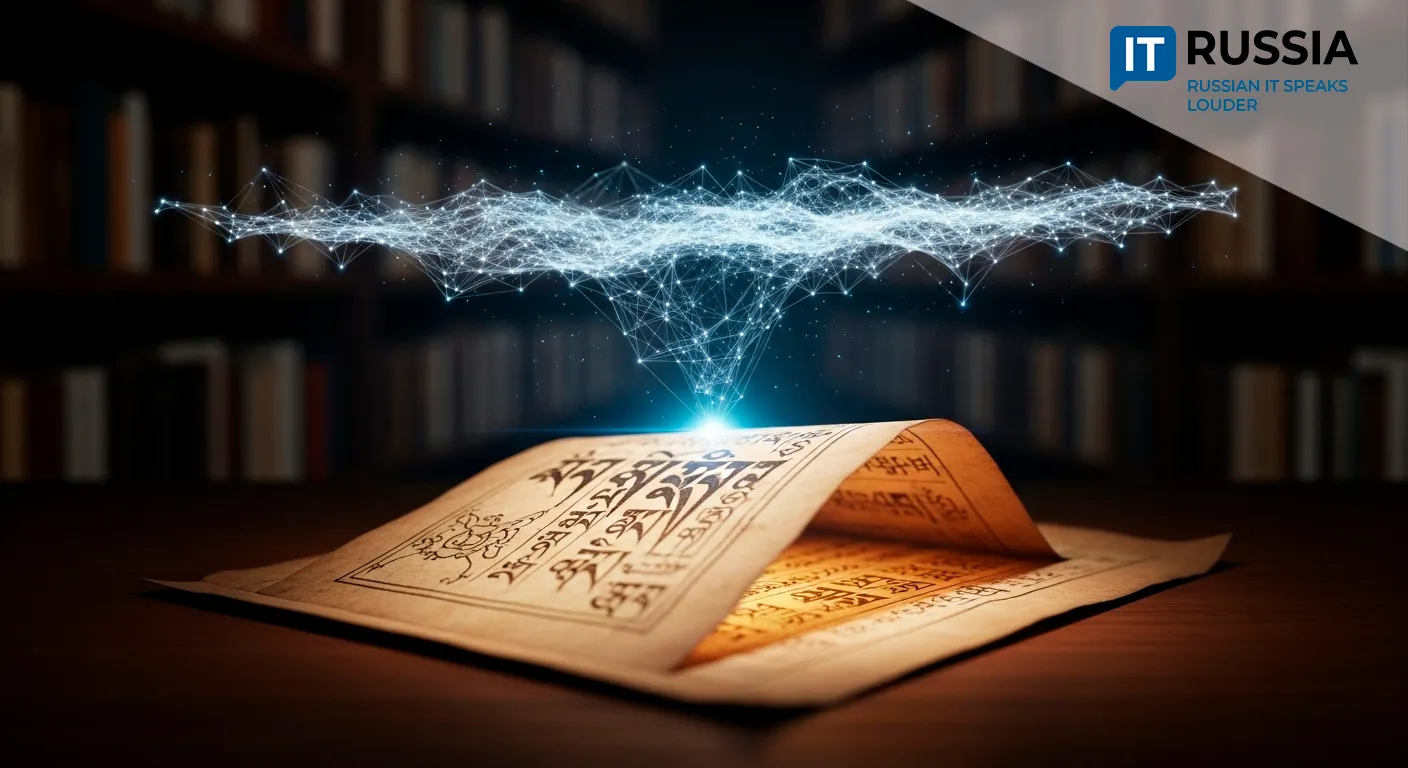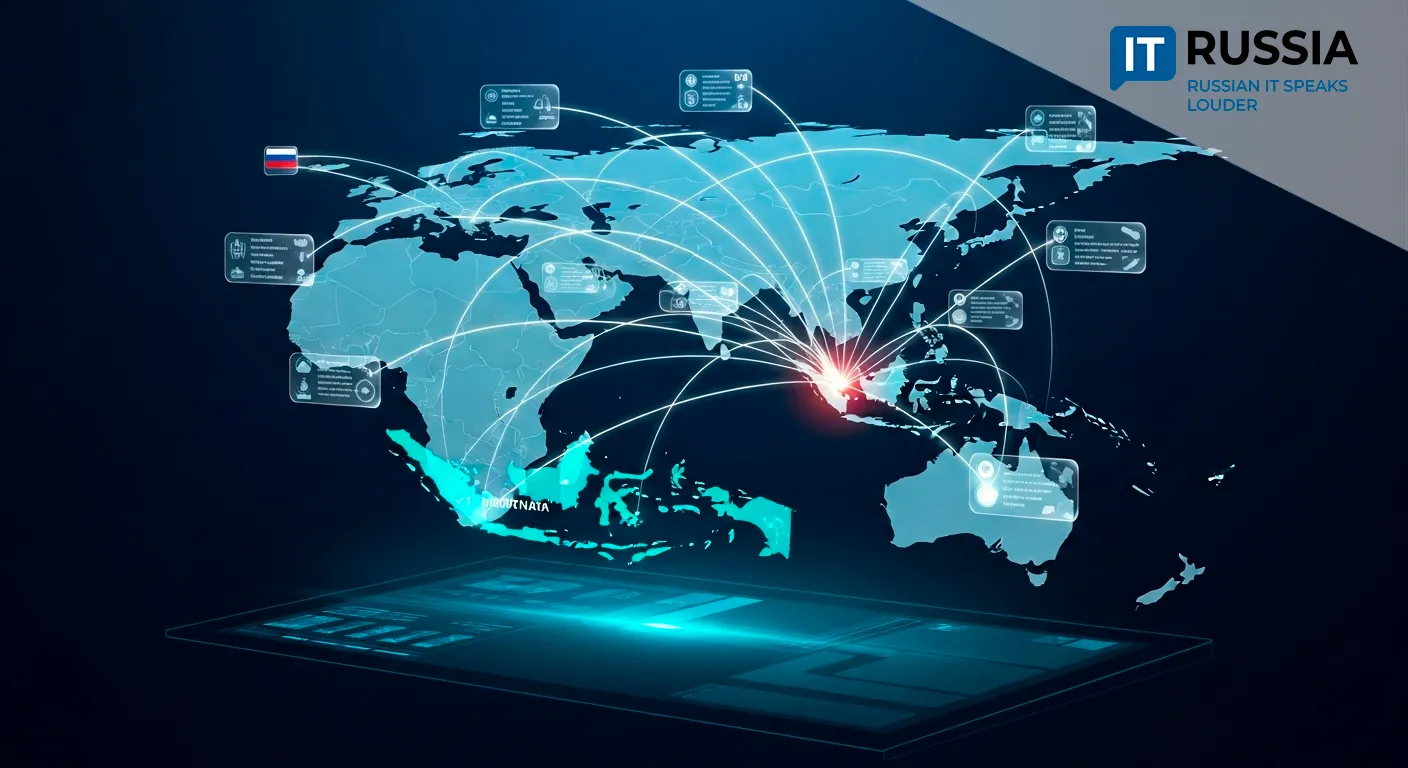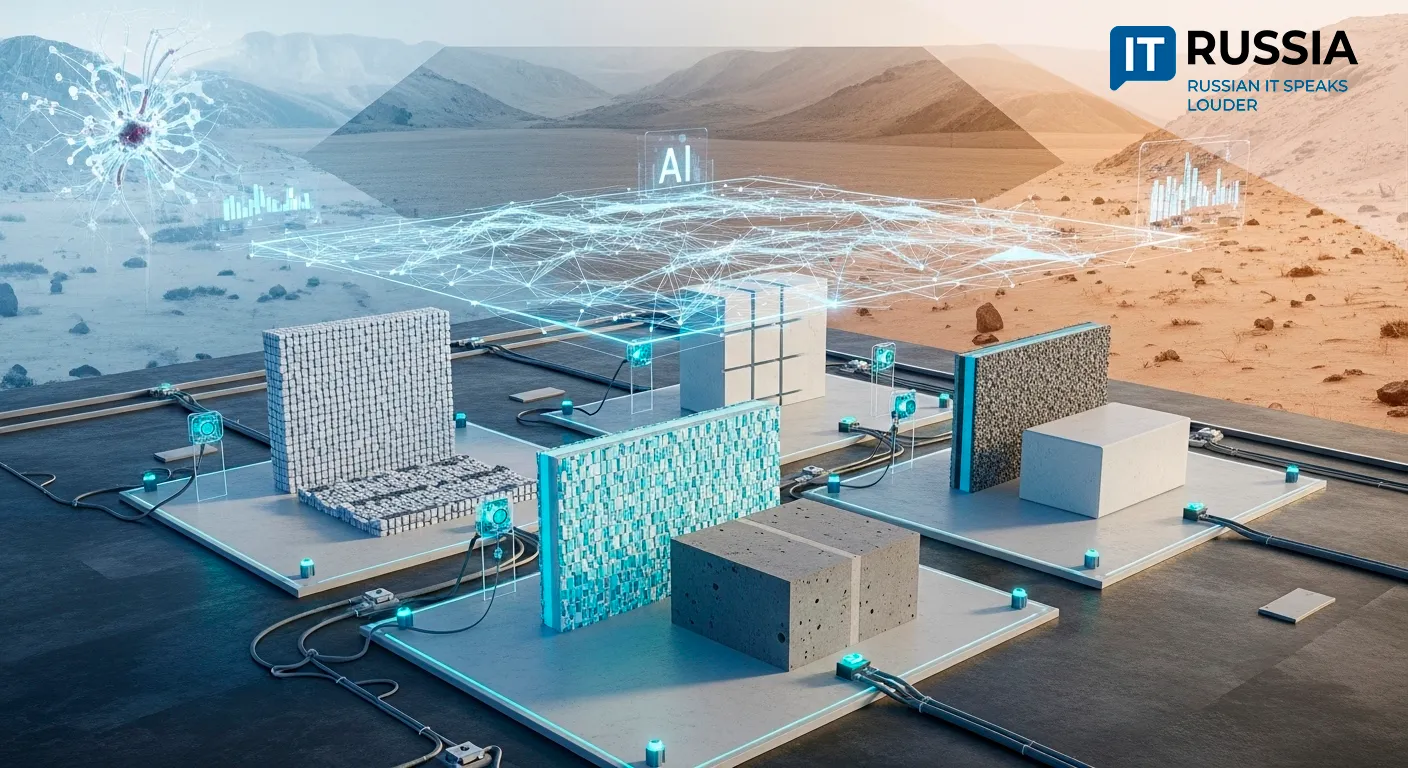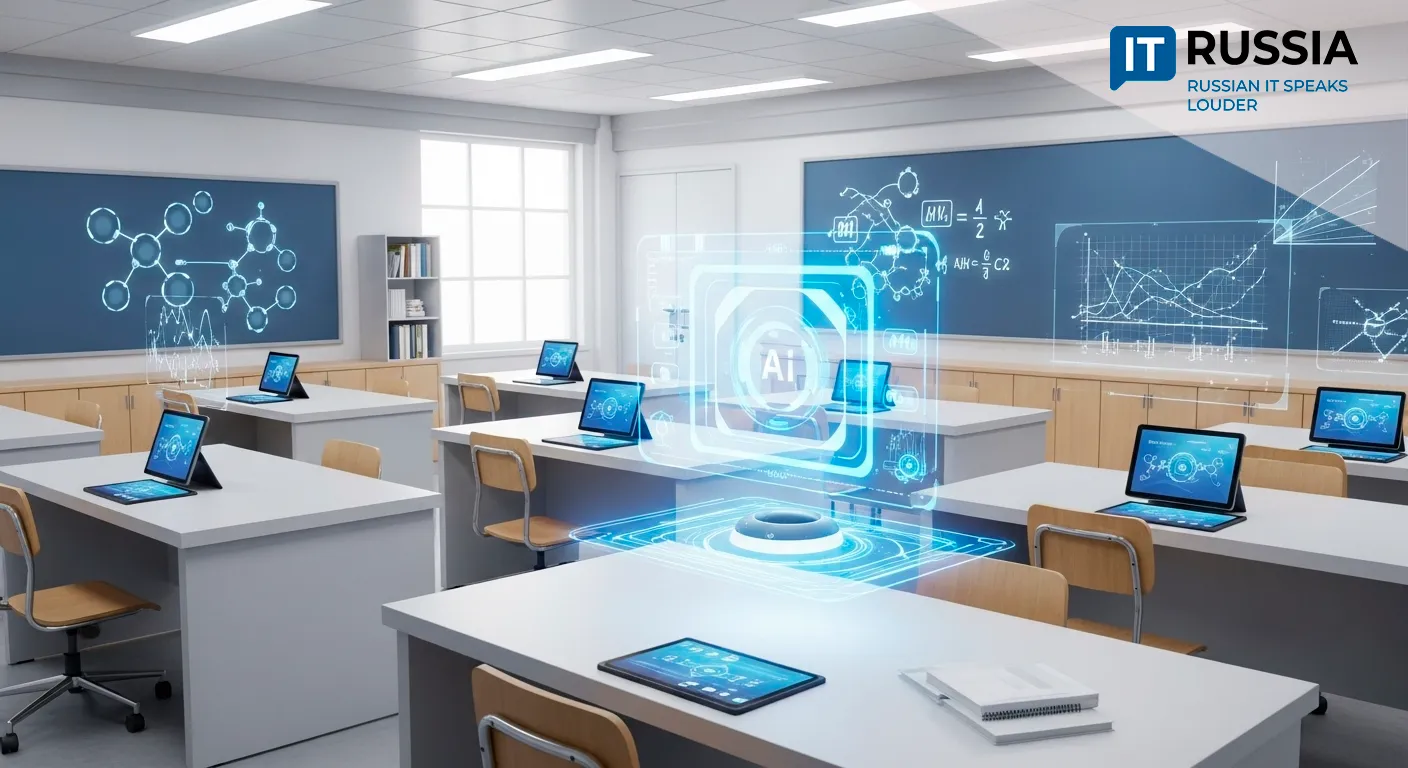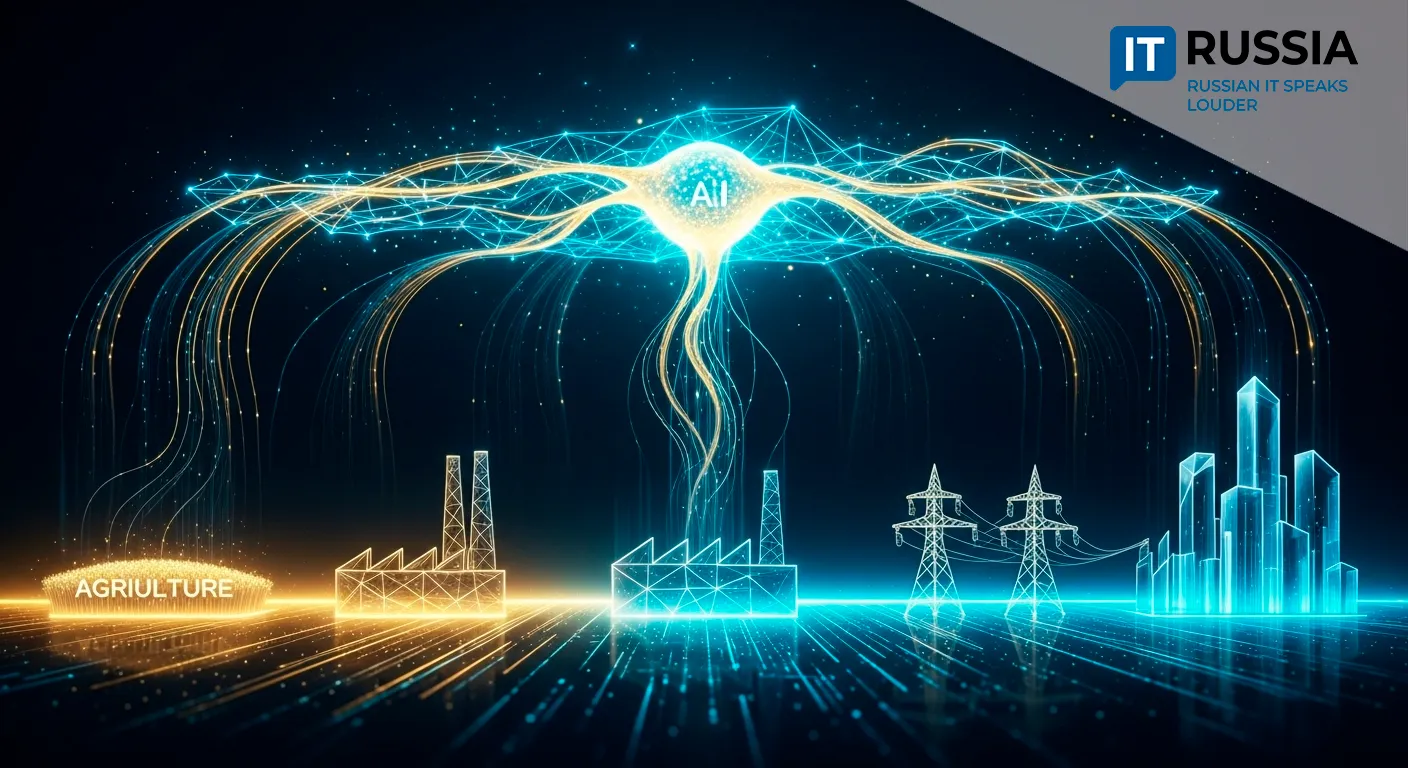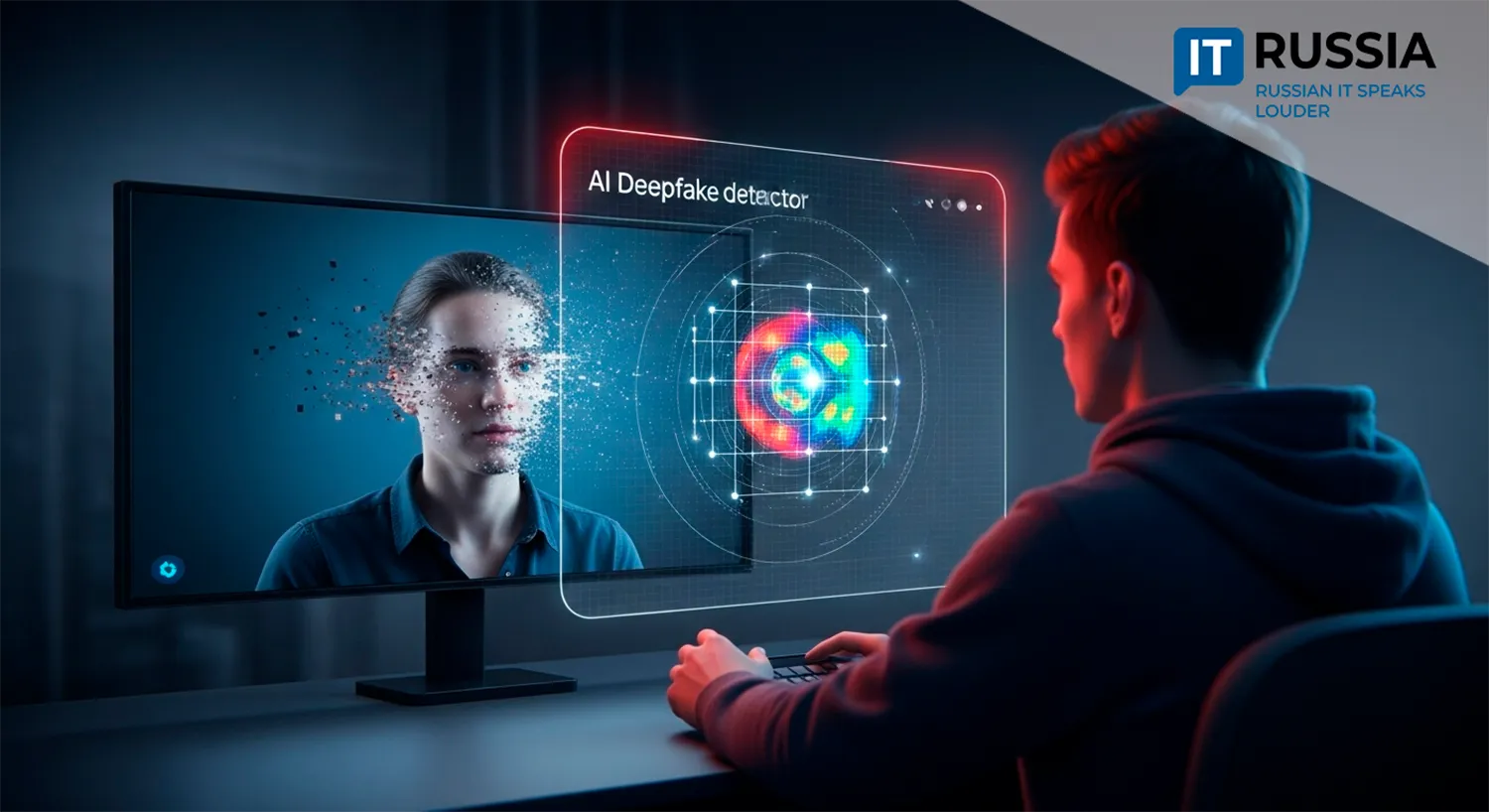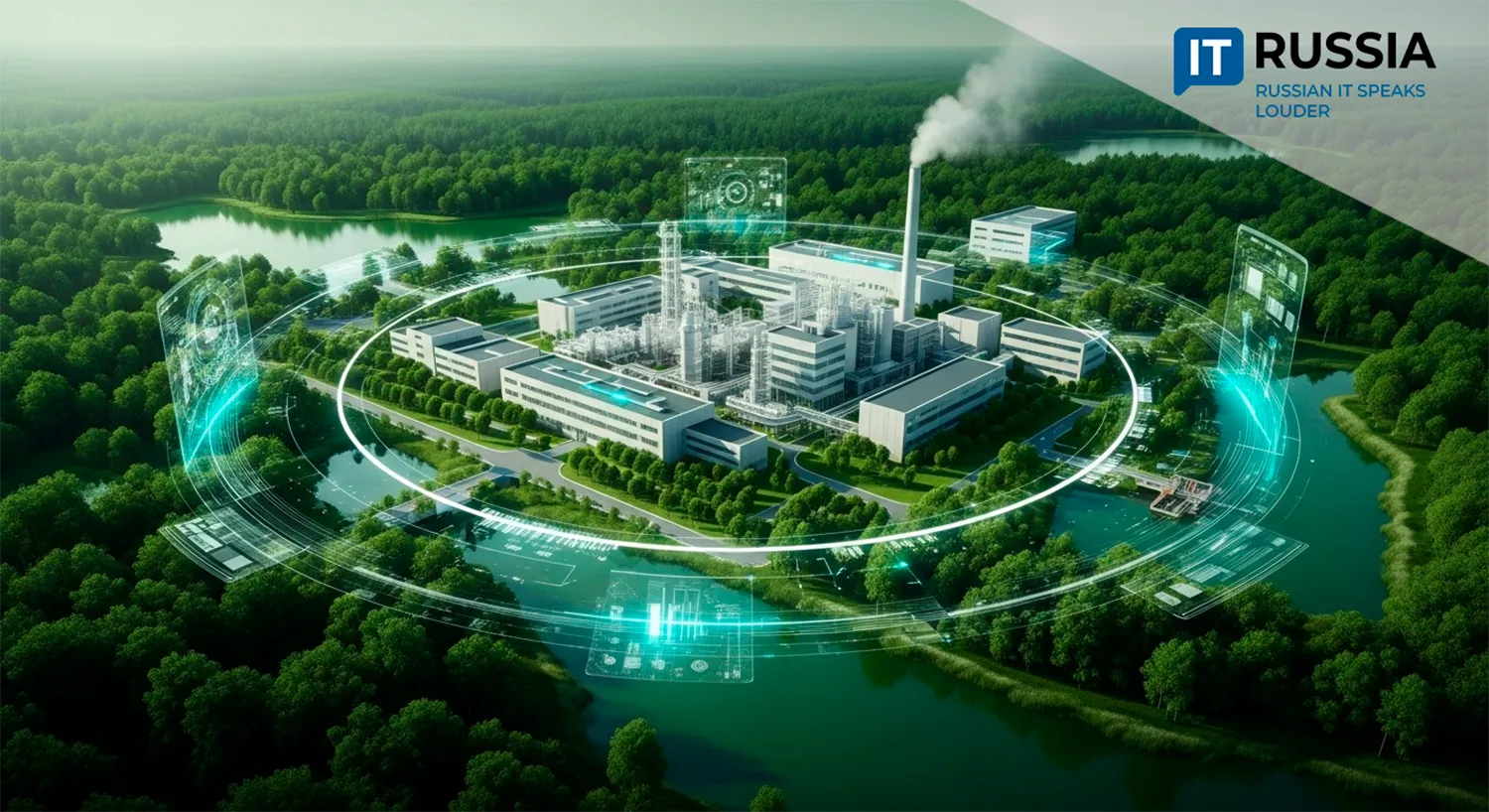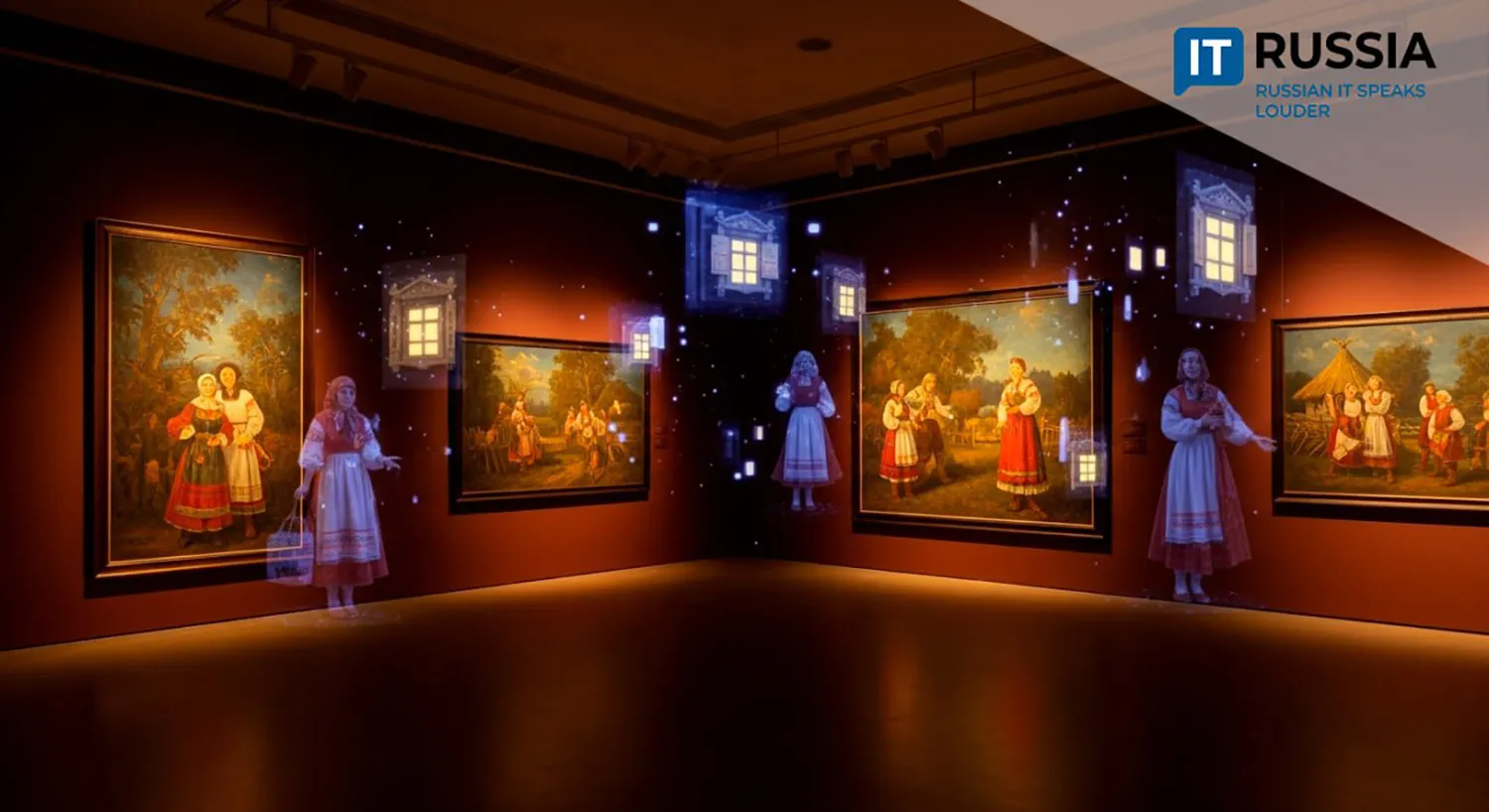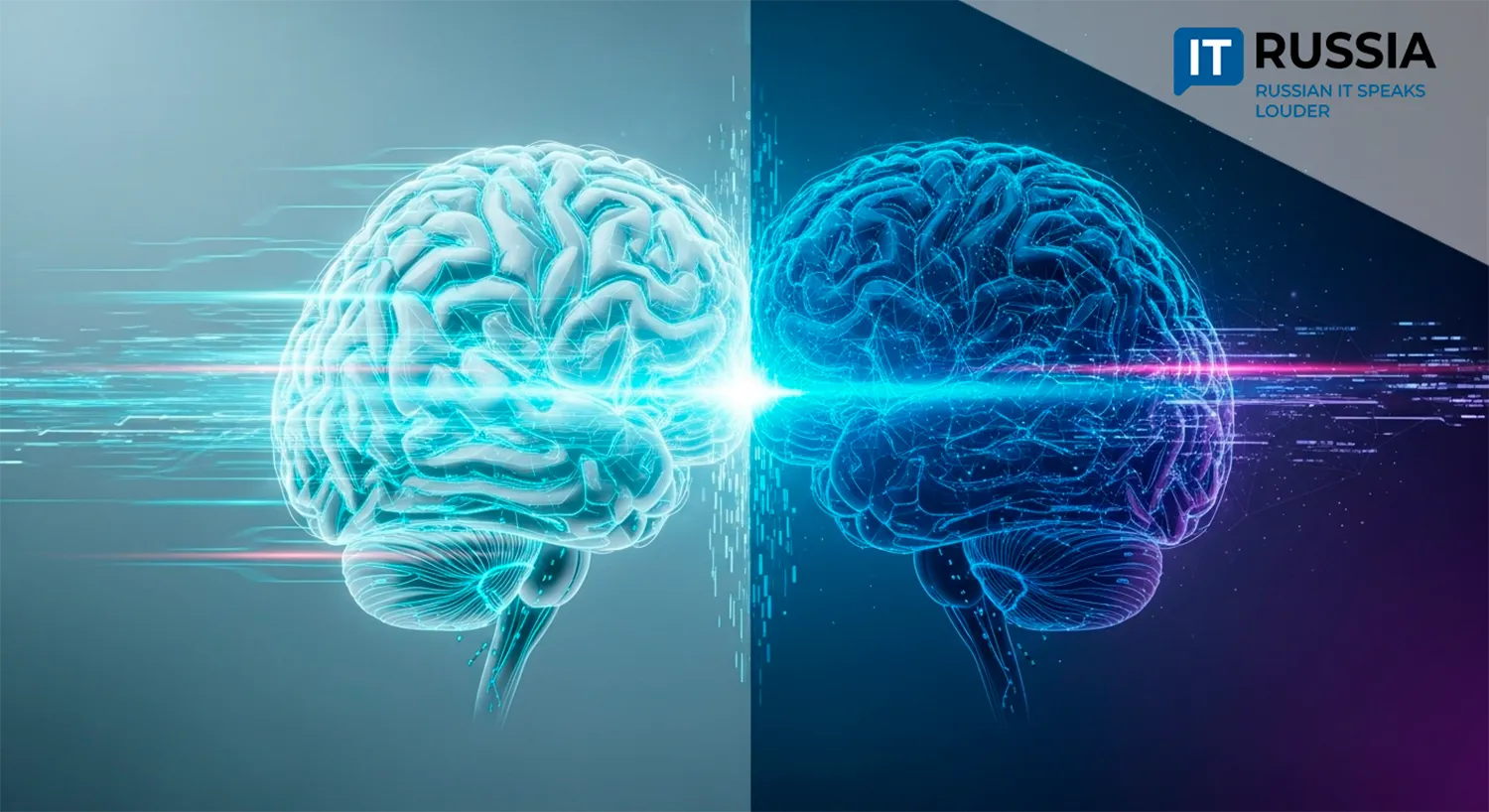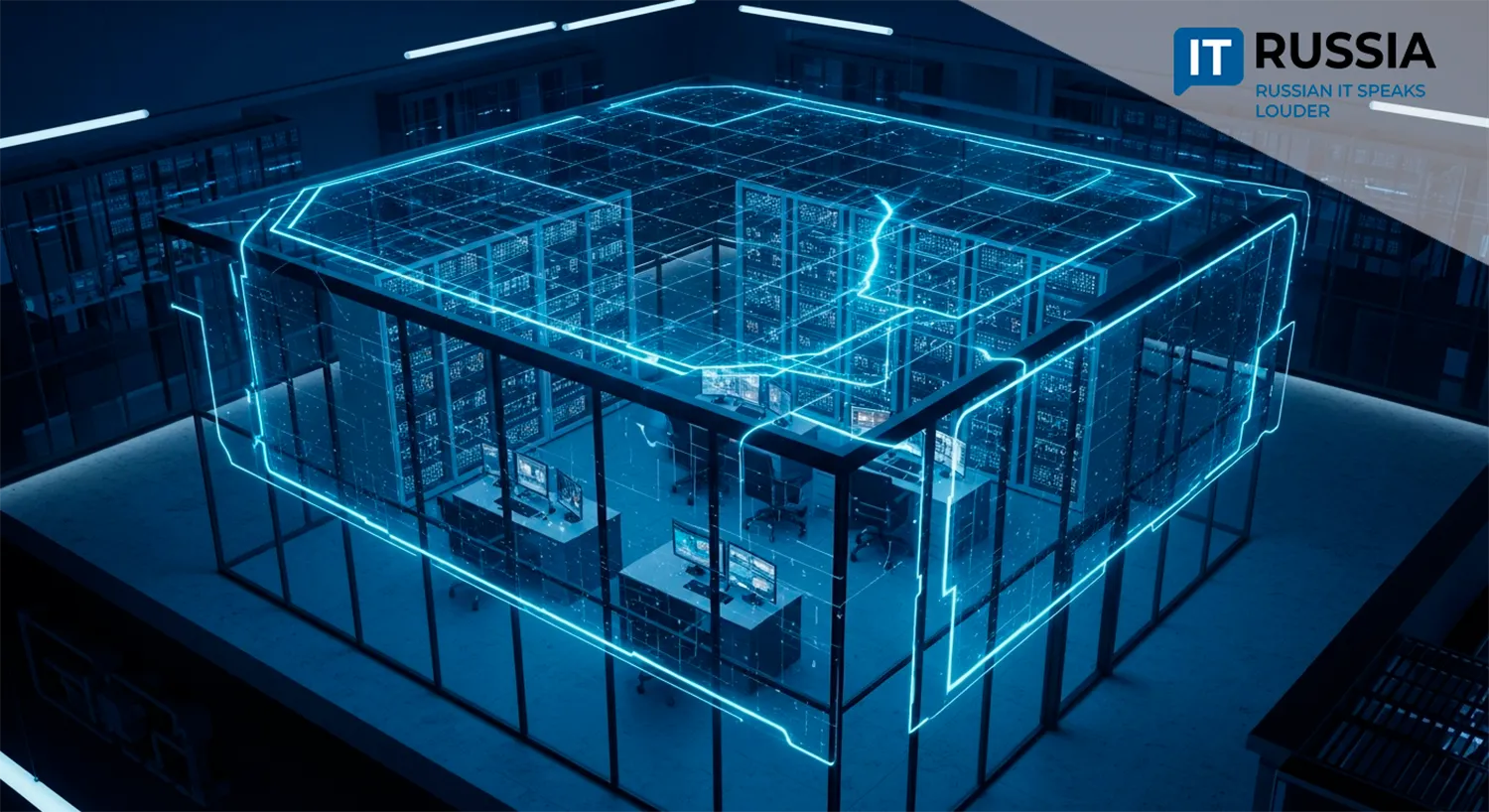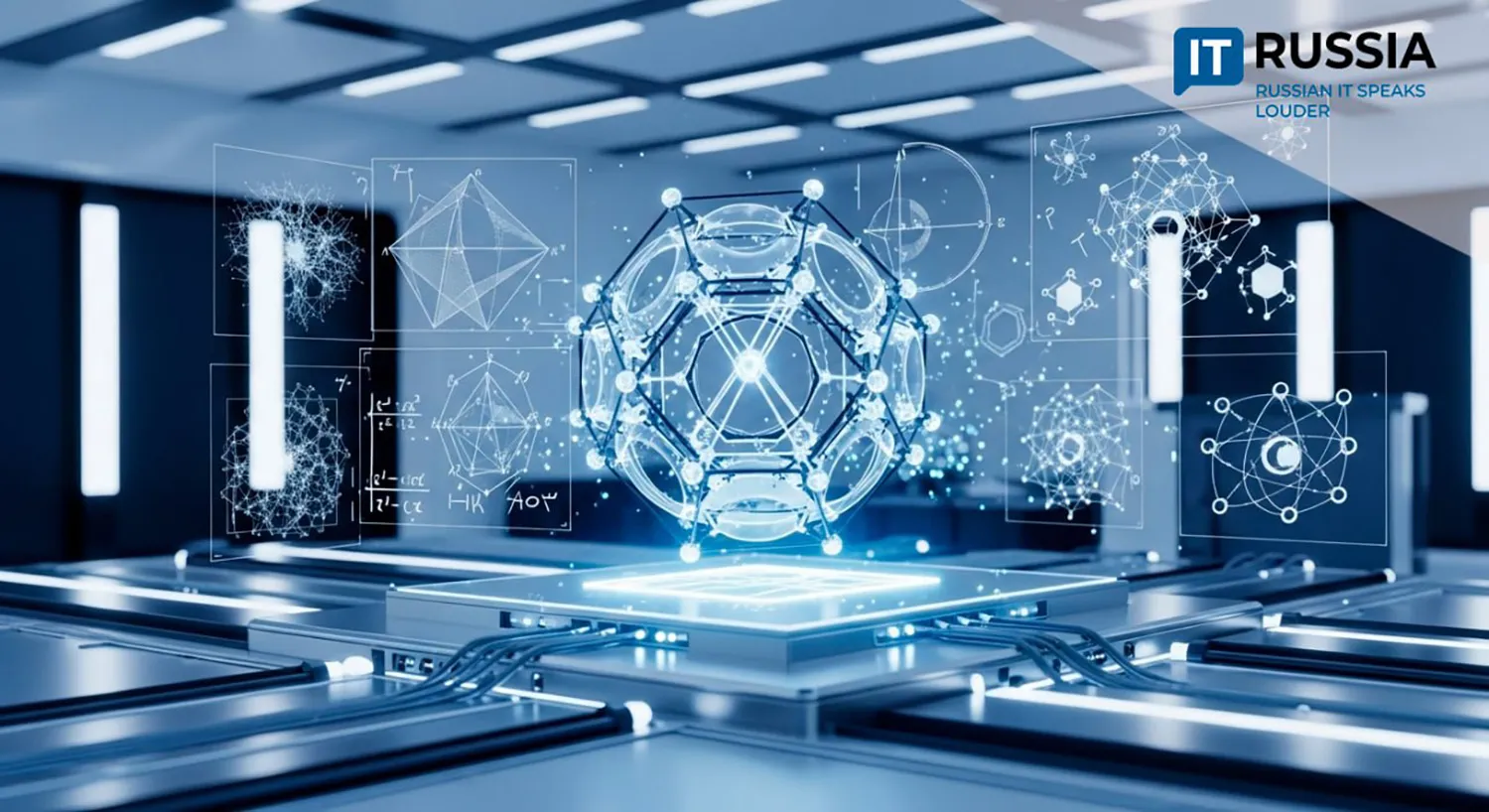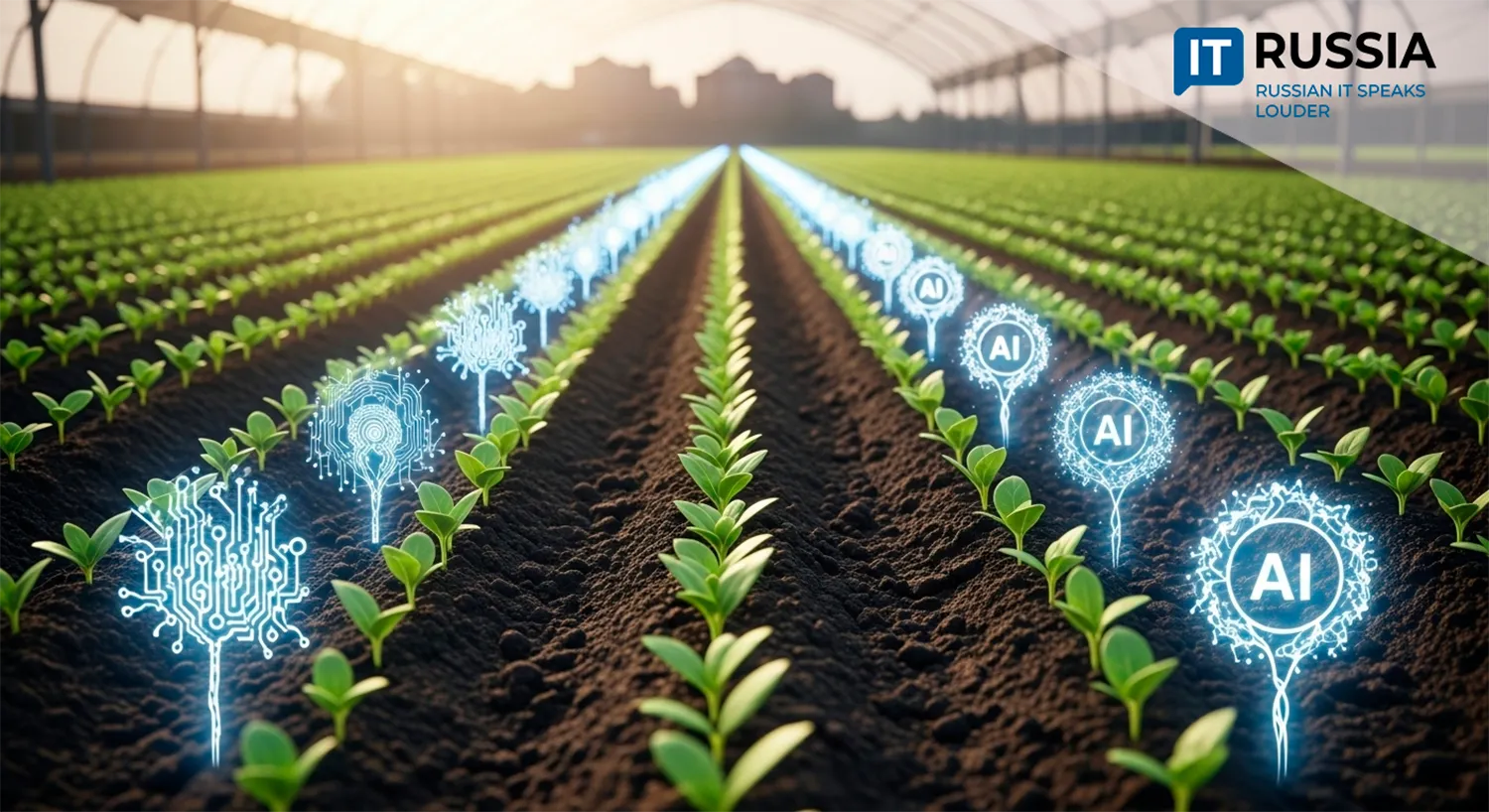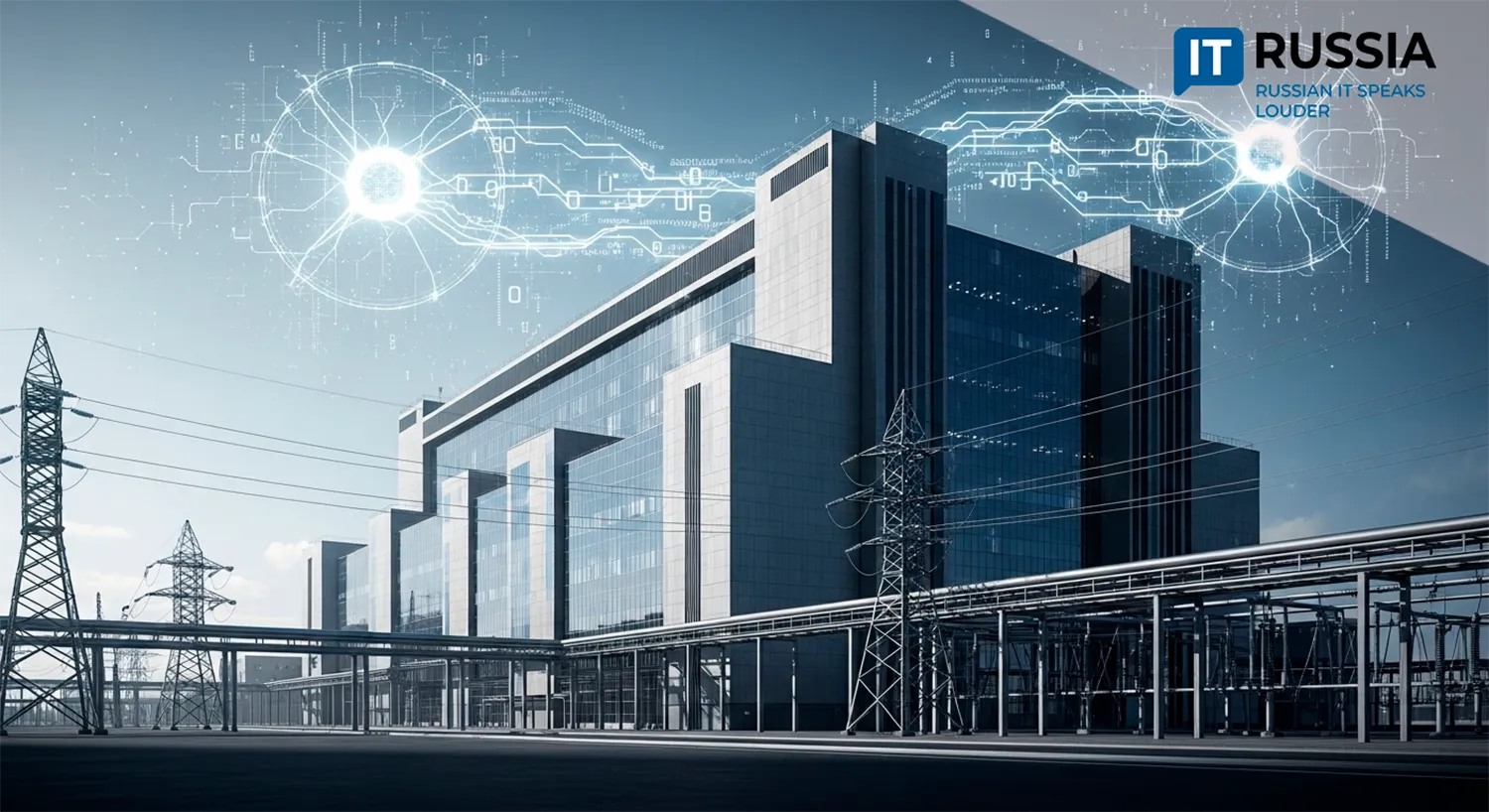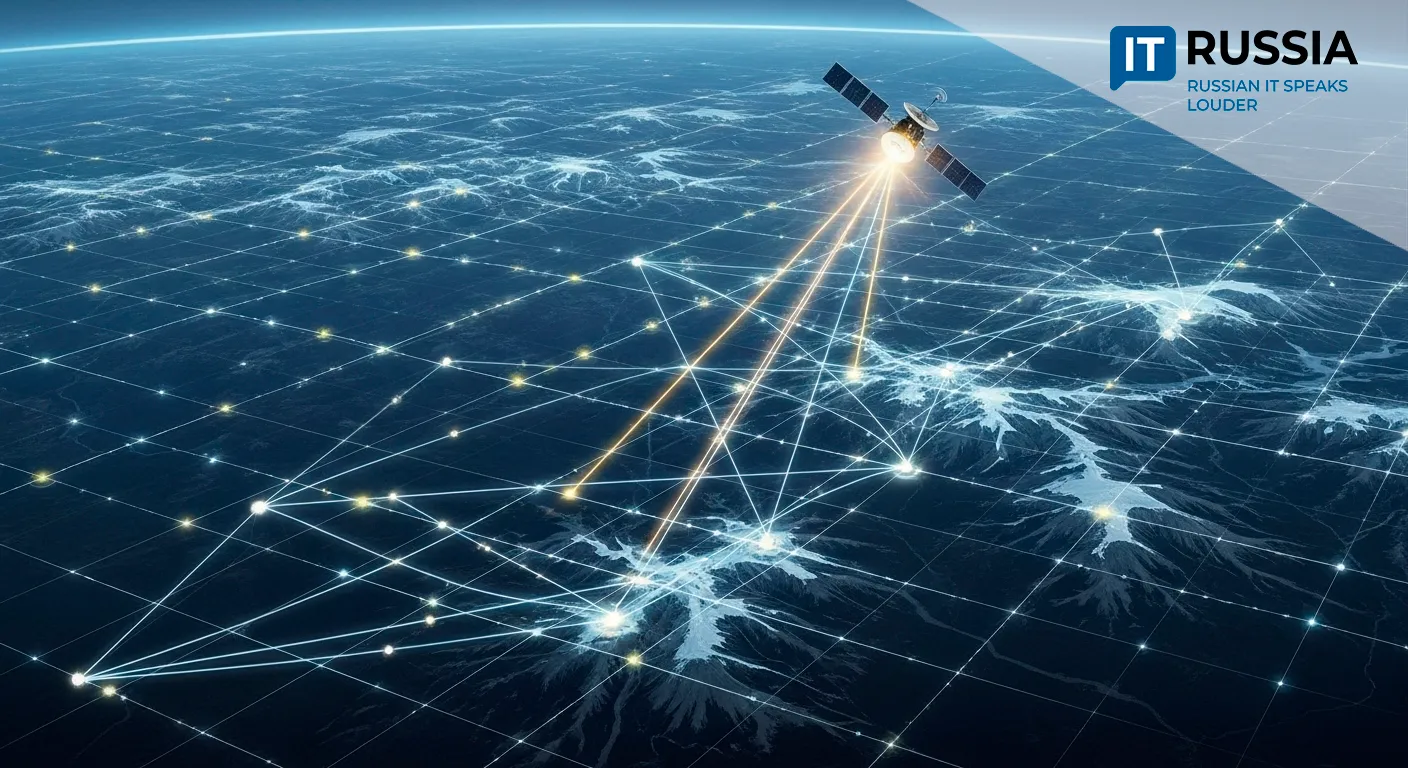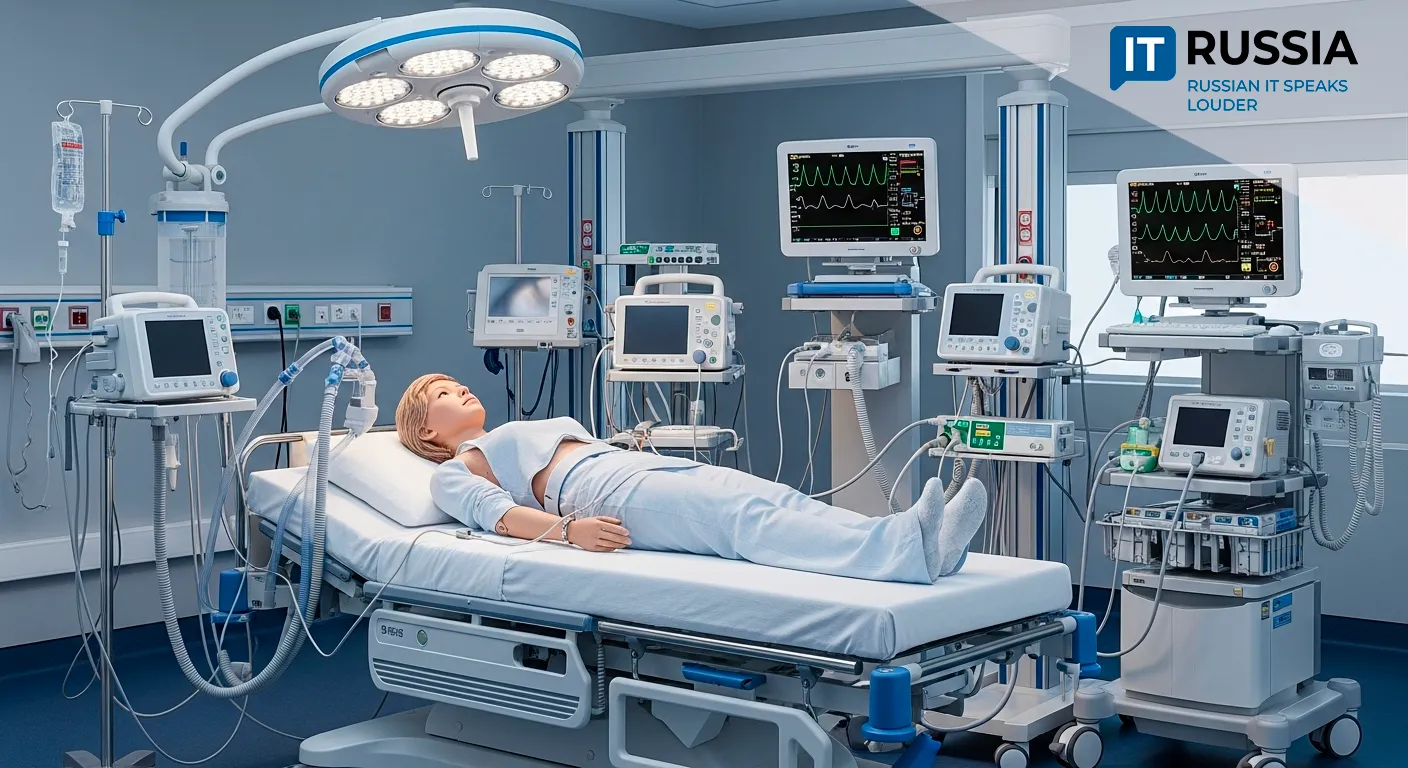Russian-Chinese AI Pact: MIPT and Chinese Research Hubs to Launch Large-Scale Collaboration
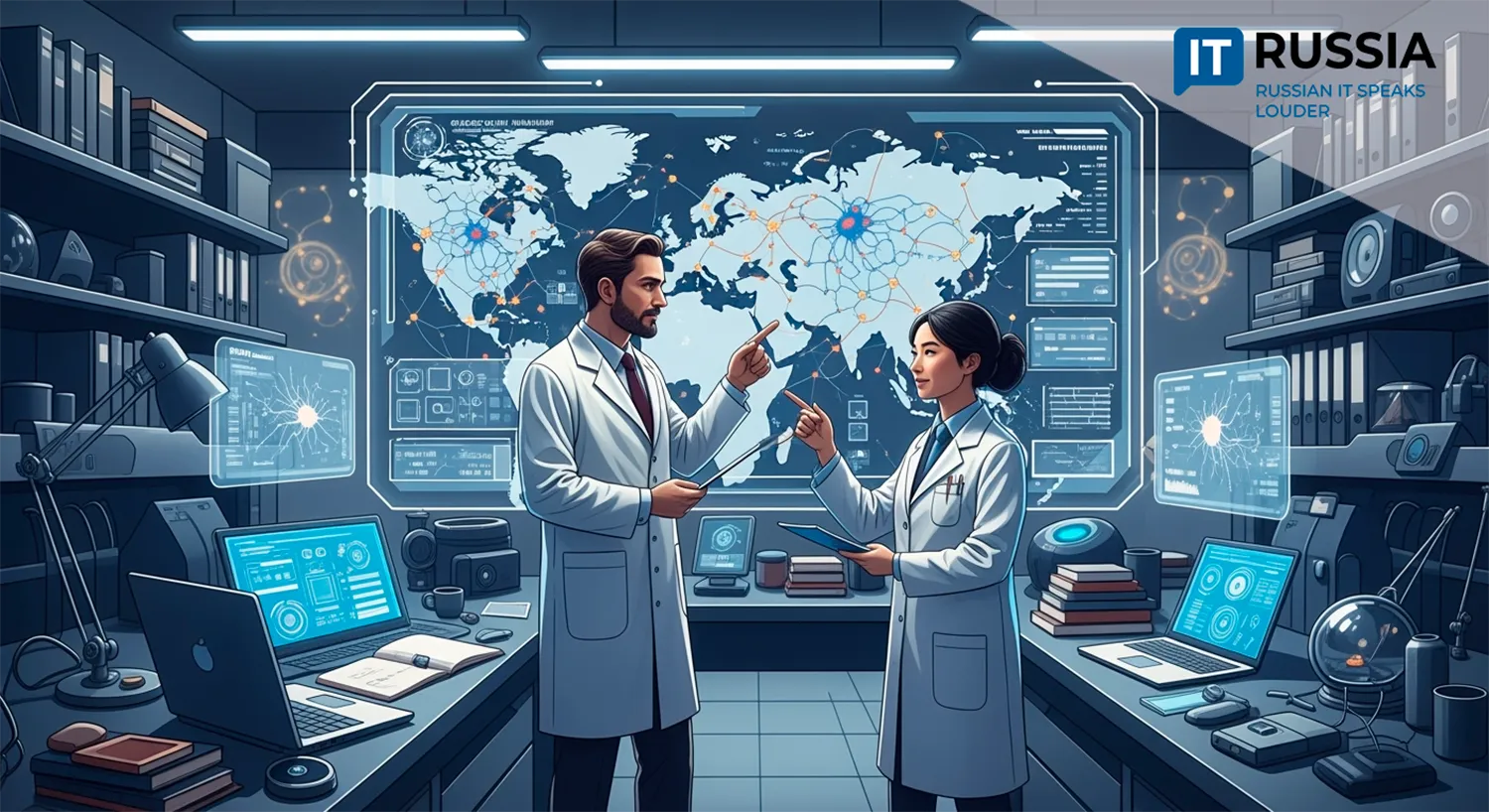
The agenda includes joint applied research, educational programs, and co-development of new technologies. The collaboration could reshape the landscape of AI development across Eurasia.
Strategic alliance in applied AI
What’s unfolding between Russia and China in the field of artificial intelligence is not just another academic partnership—it’s a strategic alliance with global implications. Several joint research projects and pilot initiatives are expected to begin shortly, including the creation of a Russian-Chinese Center for Applied Artificial Intelligence at the MIPT Institute for AI. This center will focus on adapting Chinese technological solutions to Russian industry needs while co-developing new products in collaboration with Chinese universities and tech partners.
For Russia’s IT sector, this partnership opens new horizons. First, it strengthens the country’s scientific and technical capabilities. MIPT, a long-standing leader in both fundamental and applied research, now gains access to cutting-edge Chinese platforms, datasets, and infrastructure. Second, the initiative enables workforce expansion by bringing in talent from both countries and training a new generation of researchers and developers.
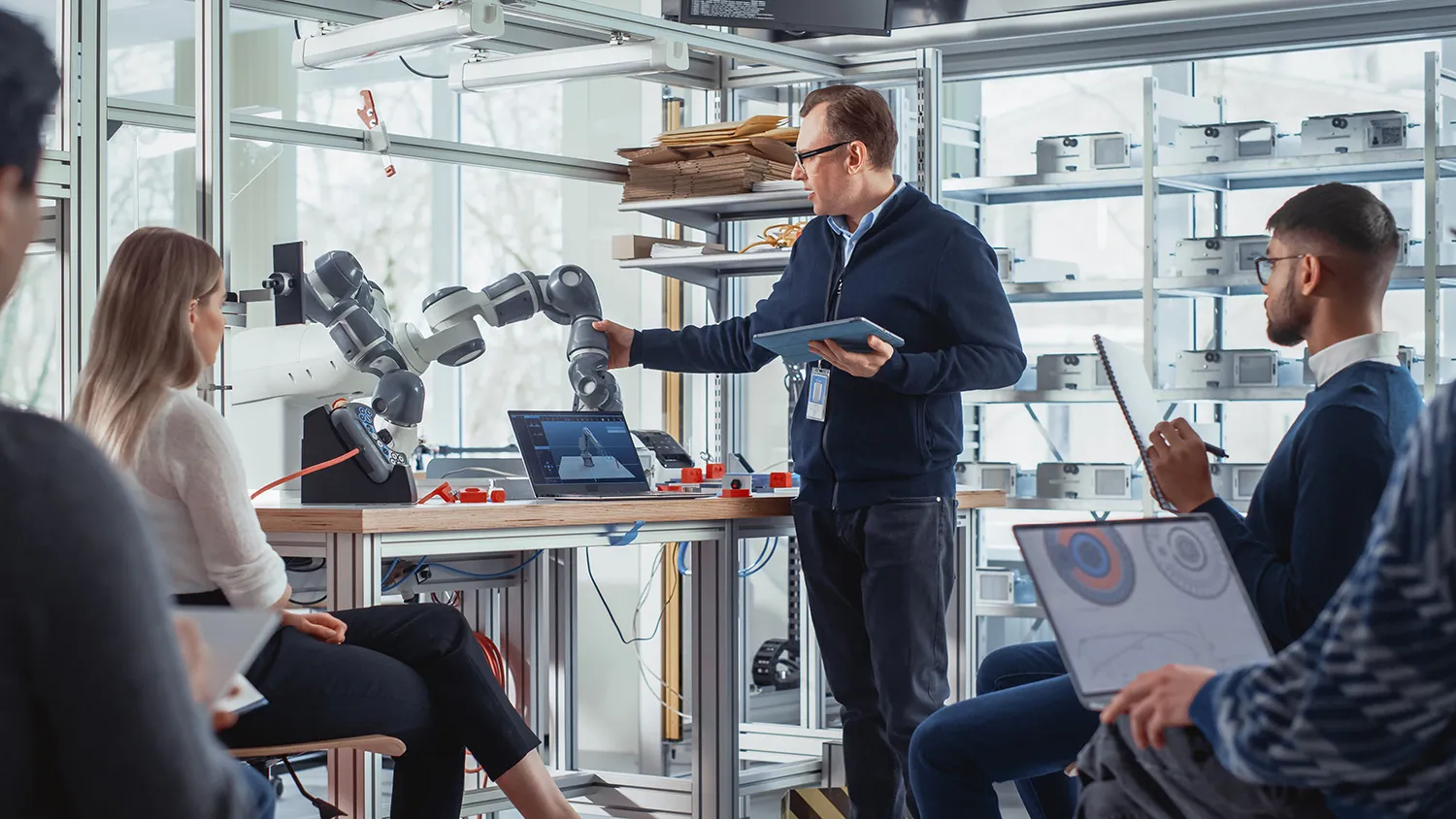
At the national level, this collaboration serves as a tool for technological diversification and enhances Russia’s global scientific influence. The partnership sets a precedent for international coordination in high-tech fields, especially among BRICS nations.
“Russia–China Dialogue” and global AI expansion
One of the key focus areas of the collaboration is the export of IT solutions. AI projects born from this partnership are expected to target fast-growing markets in the Asia-Pacific region and among BRICS countries, where demand for digital transformation is soaring—particularly in healthcare, agriculture, urban infrastructure, and logistics.
International cooperation also spurs development in education and academic mobility. Joint conferences like the Eurasian Financial and Economic Forum, themed “Developing Business Partnerships in the New Era,” which brought together over 300 leaders from government, finance, technology, and culture across Europe and Asia, have become major knowledge-exchange hubs.
Notably, the forum “Russia–China Dialogue” outlined bold goals for scaling bilateral cooperation, aiming for substantial growth in trade and joint investments by 2030.

MIPT's growing role as an AI hub
In recent years, the Moscow Institute of Physics and Technology has evolved into a major AI competence center. Back in 2017, MIPT was named a key participant in Russia’s National Technology Initiative and began working with global tech players like Huawei—marking the beginning of large-scale international projects.
Another milestone was the opening of an MIPT center in Zhengzhou in 2019. This move underscored Russia’s intent not just to integrate into the global scientific community but to actively shape tech infrastructure abroad.
In 2025, the partnership reached a new level with the formation of a joint research unit between MIPT and Tsinghua University, announced at the Eurasian Forum. Together, the institutions presented collaborative work in healthcare and logistics, emphasizing the real-world impact of their research.
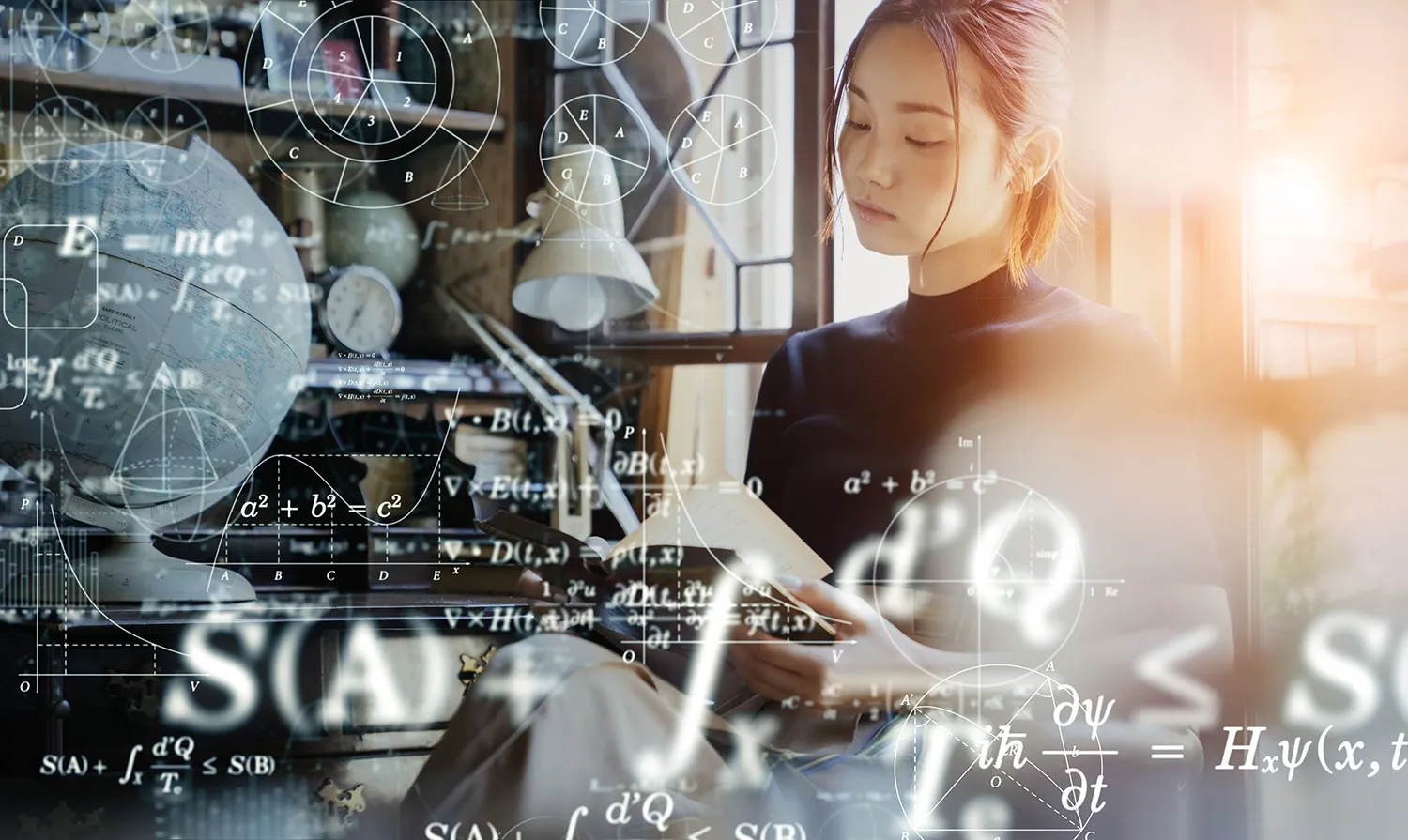
Joint initiatives in high-priority sectors
Russia's involvement in BRICS-driven AI projects between 2022 and 2024 also focused heavily on ethical frameworks for artificial intelligence. The creation of a dedicated AI working group allowed stakeholders to build a shared roadmap for safe, sustainable development.
Looking ahead, more joint projects are expected in priority sectors like medicine, agriculture, and smart cities. Growth is also projected in academic and research programs, including student exchanges and dual-degree options. In the long term, the goal is to establish a transnational AI ecosystem led by MIPT, Tsinghua, and other premier research institutions.
The Russia–China AI dialogue is not only about advancing technology—it’s a case study in how international partnerships can tackle global challenges. With this cooperation, Russia is positioning itself as a regional AI development hub for BRICS and emerging economies, strengthening its role in the evolving technological order.



